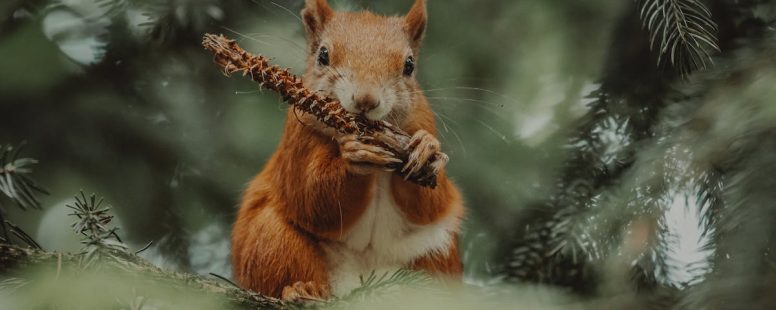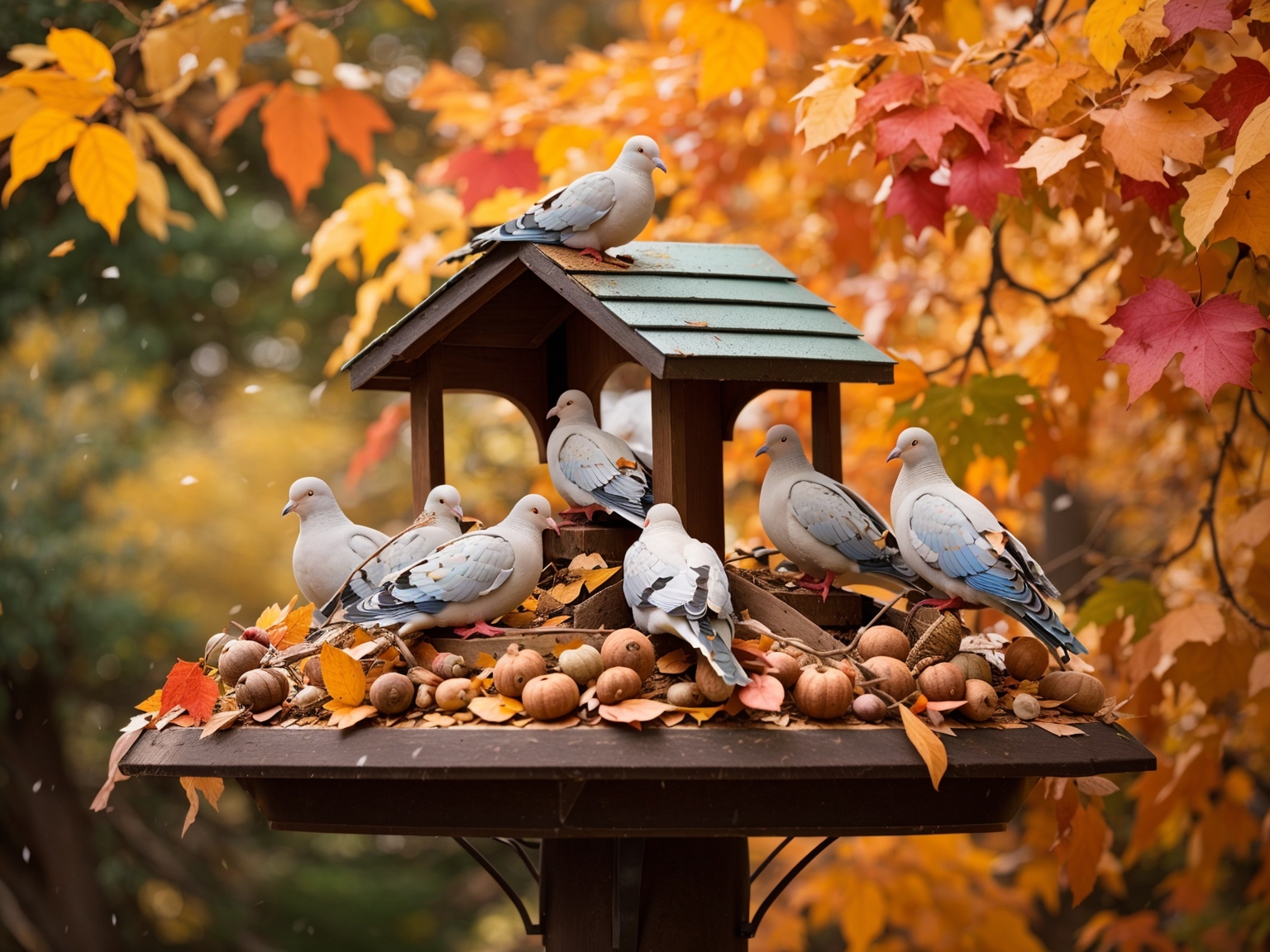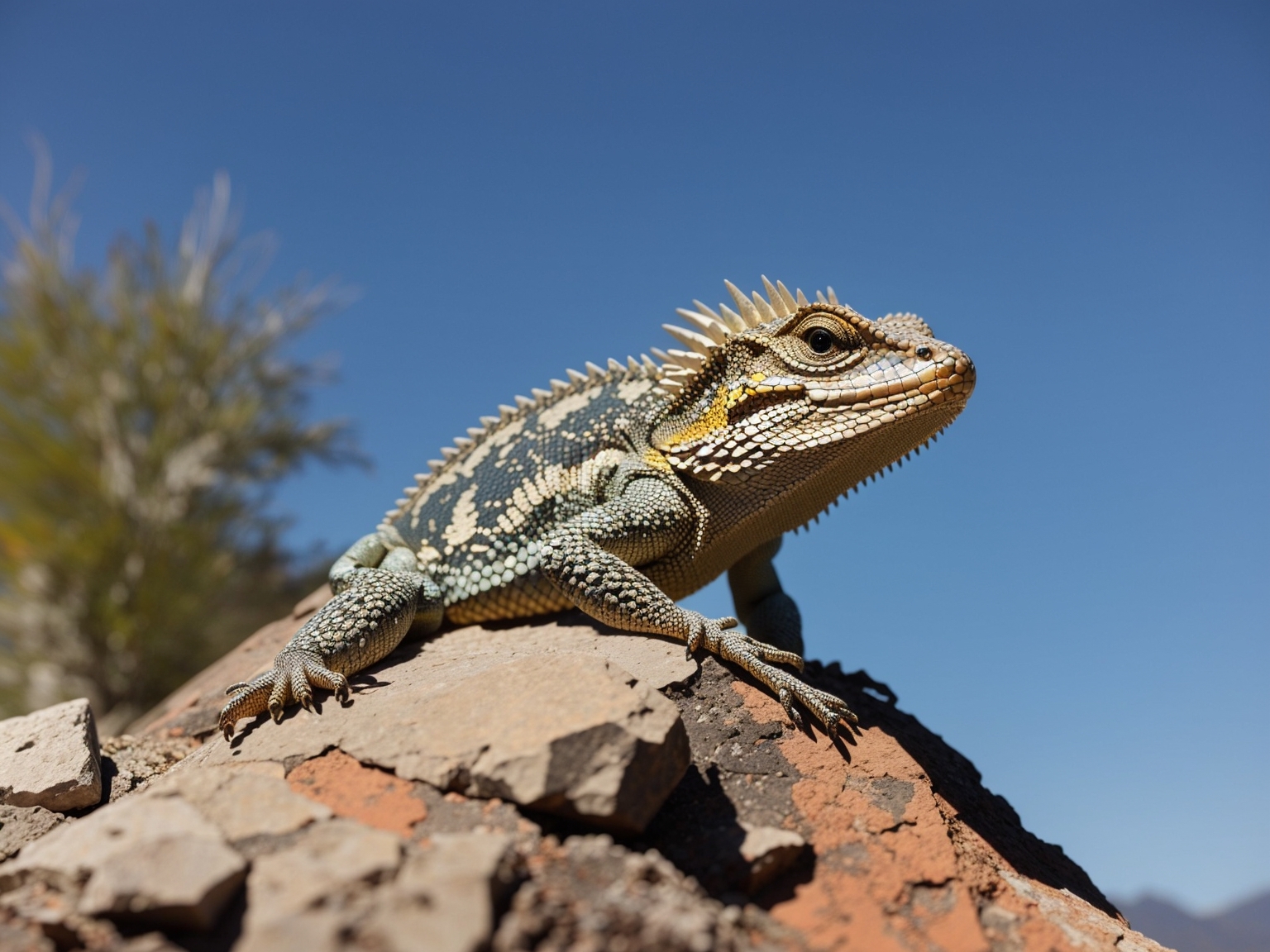Can Squirrels Eat Almonds? Safe Feeding Tips & Alternatives
Curious about what treats you can safely share with your furry backyard friends? You’re not alone. Many nature enthusiasts enjoy feeding squirrels but are unsure about which nuts are safe. Almonds often come up in the conversation, and it’s time to crack the shell on this topic.
In this article, you’ll discover if almonds are a safe bet for squirrels and what you need to know before you toss a handful their way. Get ready to learn about the dos and don’ts of feeding these adorable creatures, ensuring they stay healthy and happy in your garden.
Are Almonds Safe for Squirrels?
When choosing snacks for squirrels, your top concern should be their safety. Understanding squirrel nutrition is crucial, and almonds often come up in discussions about healthy food choices for these bushy-tailed friends. Almonds, in raw or roasted form, can indeed be a nutritious snack for squirrels. They are packed with protein, healthy fats, and vitamins that can contribute to a squirrel’s balanced diet.
Feeding squirrels in your backyard becomes more meaningful when you know you’re providing them with something that’s both enjoyable and beneficial. However, moderation is key. Too many almonds, like any other food, could potentially disrupt a squirrel’s diet. A large quantity of almonds can lead to dietary imbalances and weight issues for squirrels. To avoid this, consider feeding them almonds sparingly, and as part of a more diversified menu that includes a variety of seeds, nuts, fruits, and vegetables.
Remember, not all almonds are created equal. Bitter almonds are a hard no for squirrels. They contain cyanide, a harmful chemical that can be toxic for many animals, including squirrels. Always stick with sweet almonds, and be sure to keep them unsalted and free from any chocolate or flavorings which can be harmful to your furry guests.
Take note of the specific needs of local squirrels as you craft their diet. Squirrels in different areas might have access to different natural foods, so what works for one group might not suit another. By being attentive and adaptive, you not only support their health but also encourage wildlife diversity in your area. Feeding squirrels can be a delightful experience if done thoughtfully, considering both the joy it brings to you and the well-being it offers to these energetic creatures.
Nutritional Value of Almonds for Squirrels
When you’re looking to treat your local squirrels, you might wonder about the health benefits of almonds for these furry friends. Almonds are nutrient-rich, which translates into several benefits for squirrels. These nuts are not just a tasty snack; they’re also packed with essential elements that support squirrel health.
High in protein, almonds help squirrels maintain their muscle health and repair tissues. Since squirrels are constantly on the move, jumping and climbing, a protein-rich diet is crucial for their active lifestyle. The fats in almonds are mostly unsaturated, contributing to the health of their fur and providing a dense source of energy.
Almonds are a good source of vitamins and minerals like vitamin E, magnesium, and calcium. These contribute to a strong immune system and solid bone structure. Vitamin E acts as an antioxidant, protecting squirrel bodies from damage caused by free radicals. This is especially important for these creatures since they’re exposed to various environmental stressors.
For squirrels, magnesium plays a key role in nerve function and energy production. It’s vital as it supports their busy, acrobatic antics. Calcium isn’t just important for humans; it’s equally essential for squirrels, supporting strong teeth and bones, which they need for chewing and climbing.
Here’s a brief breakdown of the key nutrients in almonds and their benefits for squirrels:
| Nutrient | Benefit for Squirrels |
|---|---|
| Protein | Muscle maintenance and tissue repair |
| Fat | Energy source and fur health |
| Vitamin E | Antioxidant support and immune health |
| Magnesium | Nerve function and energy production |
| Calcium | Bone and teeth strength |
Remember, while almonds offer these health benefits, moderation is key. Feeding squirrels too many almonds could lead to a nutritional imbalance. Strive for variety in their diet by incorporating different seeds, nuts, and fresh produce to keep your bushy-tailed neighbors happy and in peak condition.
Potential Risks of Feeding Almonds to Squirrels
When you decide to feed almonds to squirrels, you’re providing a tasty snack that’s generally safe in small quantities. However, there are some risks to consider before making it a regular part of their diet. While almonds are packed with nutrients, they also contain substances that can be harmful if squirrels consume them in large amounts.
Natural Toxins in Almonds
Almonds naturally harbor compounds that can release cyanide when ingested. Bitter almonds especially pose this risk and are not safe for squirrels, or even humans, without proper processing. Sweet almonds have significantly lower levels of these compounds, yet it’s still crucial to feed them sparingly.
Digestive Issues
Just like humans, squirrels can experience digestive upset if they eat too many almonds. The high fat content, while beneficial in moderation, can lead to weight gain and other health issues in these small creatures if overindulged.
Choking Hazards
Despite squirrels being adept at handling nuts, there’s always a chance of choking. Almonds are relatively large and hard, which can create a risk, particularly for young squirrels.
Nutritional Imbalance
Almonds should not replace the wide variety of foods that squirrels need to maintain optimal health. Relying too heavily on almonds can lead to a lack of essential nutrients found in other foods, leading to dietary deficiencies.
To maintain the health and happiness of your backyard squirrels, ensure that almonds are only a small part of their diverse diet. Keep an eye on how much they eat and watch for any changes in behavior that could signal health problems. It’s all about balance when it comes to feeding wildlife. Remember to prioritize natural foraging behaviors and support the squirrels in your garden by offering a range of suitable foods rather than focusing on any single item.
How to Prepare Almonds for Squirrels
When you’re considering adding almonds to your furry friends’ diet, preparation is key. First, ensure you’re choosing almonds that are unsalted, unseasoned, and not covered in any additional flavorings or coatings. Processing often adds substances that are unhealthy for squirrels, so raw, natural almonds are your best bet.
Breaking down the almonds into smaller pieces can help prevent choking. You don’t need special equipment for this—a simple nutcracker or even a hammer will do the job. Just place the almonds inside a cloth to avoid scattering pieces and gently crack them into smaller, manageable bits.
It’s not just about size; soaking almonds can also be beneficial. Soaking raw almonds overnight in clean water helps reduce phytic acid content, which can make nutrients more accessible to squirrels and potentially ease digestion. Drain the water and rinse the almonds before serving them to ensure they’re clean and safe.
Finally, consider the frequency of feeding. Squirrels can have varied diets, but moderation is always essential. Tossing a few cracked, soaked almonds into a mix of seeds, fruits, and vegetables a couple of times a week creates a well-rounded diet without over-relying on any particular food source.
Remember, before making any significant changes to a wild animal’s diet, it’s always a good idea to research local guidelines. Sometimes, certain food items may not be recommended or even allowed to be fed to wildlife in your area. Consulting with a wildlife expert can provide personalized advice based on your local ecosystem.
Alternatives to Almonds for Squirrels
When you’re looking to diversify the diet of the squirrels in your backyard, there are several nutritious alternatives to almonds that can be both safe and beneficial for them. Understanding the variety of options available will help you ensure that these furry friends enjoy a balanced diet.
Sunflower Seeds are a popular choice and offer squirrels a good source of fat and protein without the risk of harmful substances that can be found in processed nuts. They’re also small and easy to handle, making them a practical snack for squirrels.
In addition to seeds, Fruits and Vegetables can be excellent treats. Squirrels particularly enjoy:
- Apples
- Pears
- Bananas
- Carrots
- Broccoli
These foods provide essential vitamins and can be a refreshing departure from the usual nuts and seeds. However, be sure to introduce them gradually into their diet to avoid digestive issues.
Pumpkin Seeds are another great alternative. Not only are they packed with nutrients, but they can also help in deworming these critters. You’ll find that most squirrels take to them quite eagerly.
If you’re interested in offering a more substantial meal, consider giving squirrels small portions of Cooked Legumes such as lentils or chickpeas. They are high in protein and low in fat, supporting the squirrels’ overall health and energy levels.
It’s important to remember that variety is key in a squirrel’s diet. Switching things up not only ensures they get a range of nutrients but also keeps them engaged and interested in their food sources. Keep tabs on how much you’re feeding the squirrels, as overfeeding can lead to obesity and other health issues.
When introducing any new foods, observe how the squirrels react and if they exhibit any signs of discomfort or illness, revert to their regular diet and consult a wildlife expert for advice. By being mindful and informed about the dietary choices you provide, you’ll contribute positively to the well-being of your neighborhood squirrels.
Conclusion
You’ve got the scoop on safely incorporating almonds into your furry friend’s diet. Remember, moderation is key and preparation is crucial. Soak those almonds, skip the salt and seasonings, and always opt for raw. Your squirrel’s health will thank you for the variety and thoughtfulness you put into their meals. Keep an eye on their reaction to new foods and don’t forget to check in with local wildlife guidelines. Happy feeding!
- When Is the Best Season to Sell Outdoor Furniture in the US? Ultimate Seasonal Guide - October 26, 2025
- When Is the Best Season for Backyard Yoga Classes? Find Your Perfect Outdoor Yoga Time - October 26, 2025
- What Tools Do I Need for Fence Installation Work? Essential Gear for a Smooth DIY Fence Project - October 26, 2025




